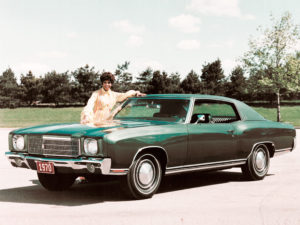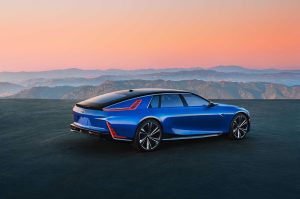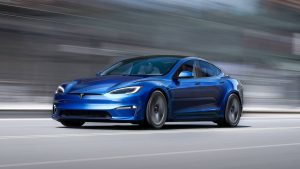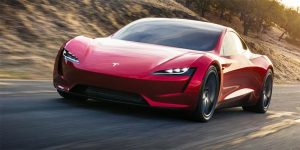Jaguar Land Rover (JLR) Chief Executive Officer Thierry Bolloré has announced a new global strategy called ‘Reimagine’. Under his leadership, the company is poised to transition to a sustainability-focused version of two iconic British brands.
JLR has been floating parts of the plan for months now. News coming from its headquarters in England has been promoting a focus on sustainability including word that they are working with Econyl nylon to develop high-quality interiors made from ocean and landfill waste.
The Econyl process includes recovering nylon waste and transforming it into a premium material.
Photo courtesy of Jaguar Land Rover
Despite the shared focus, the Jaguar and Land Rover brands are committing to remain distinct in their design and product offerings, with different architecture.
Nameplate by nameplate, the company will work to make an all-electric version of JLR vehicles available by 2030. JLR is planning to welcome six all-electric Land Rover models in the next five years. Read more about those here.
At the same time, Jaguar will be transforming into a purely electric automaker. In a statement, the company described what is coming for Jaguar:
“…with a dramatically beautiful new portfolio of emotionally engaging designs and pioneering next-generation technologies. Jaguar will exist to make life extraordinary by creating dramatically beautiful automotive experiences that leave its customers feeling unique and rewarded. Although the nameplate may be retained, the planned Jaguar XJ replacement will not form part of the line-up, as the brand looks to realise its unique potential.”
By 2030, it is anticipated that 100 percent of all Jaguar sales and 60 percent of Land Rovers sold will be equipped with zero tailpipe emissions.
The company is also striving to achieve net zero carbon emissions across its supply chain, products and operations by 2039. Nissan, Bentley, Volvo, Audi, and Ford have recently made similar statements.
JLR is also readying for hydrogen fuel cell power as it expects the hydrogen economy to expand in the coming decades. This vision is shared by Hyundai. Development of these vehicles is already underway. Test models are slated to arrive on U.K. roads in the next year.
JLR’s subscription service, PIVOTAL, will be rolled out to other markets in the coming years.
The new vision is expected to require a £2.5 billion ($3.48 billion USD) annual investment from JLR that will include purchasing and developing electrification technologies, connected services, and data-centric technologies.
The company, which has been hit by slow sales and production delays as the brand has worked to reinvent itself, will work with major shareholder Tata Motors to achieve positive cash net-of-debt by 2025.








